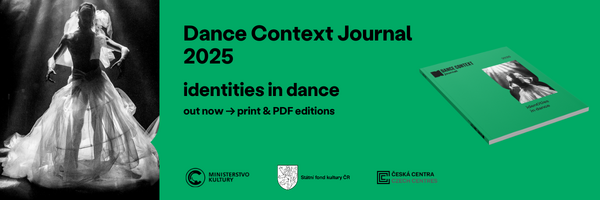Art Isn’t the Olympics
For years, I have made no secret of the fact that I dislike the identification of artists by nation of origin on posters and promotional materials. I get that certain funding applications demand international participation. I understand it is prestigious to have an international festival program. But also, this is not the Olympics, there is not a medal count, no country is trying to win.
While the place where an artist was born and grew up will certainly have influenced their worldview and dictated their opportunities and relative privilege, there is no guarantee, in our globalised world, that they will have lived only there. Even within a nation or context of birth, experiences differ radically based on race, class, gender and geography. If, by identifying artists with their nation of origin, we are attempting to contextualise them, surely little of value can be conveyed by simply naming a country. If the intention is to frame the work for spectators, if — as I was taught in my doctoral sociology of theatre class — we are to fully situate ourselves and name all the lenses through which we view the world and make our work — then nation of birth alone will inevitably fall short. At this point, the classification feels less about context than collection.
Where the work has been made — the culture(s) and scene(s) that inform its aesthetics and dramaturgy, that support its growth — seems to me a far more useful frame than where a given artist grew up or what passport(s) they hold. This is certainly true of someone like me, a holder of two country’s passports and the permanent residency of a third, who last spent a full year in the country of their birth in 2004 and has yet to present anything but student work there. When a programmer tries to affiliate me with that country, I feel a sense of dissonance. My work was influenced by my theatre studies in Philadelphia, and by my ballet teachers and figure skating coaches in Hershey and Harrisburg, but my aesthetics are more informed by the places I’ve lived as an adult — London and Prague. If I am to be patriated and my work claimed on behalf of anyone, then it is to those places, and increasingly, only to this one, which has offered me the best conditions of my career, that the credit should go.
One might argue that I’m overthinking this. But, as with most things, I suspect that if something irks me, I’m likely not the only one who feels this way. And, as is usually the case, the solution that appeals to me most is the least reductive one, which does not force us into pre-determined categories, but invites us to name our own contexts. This has the added bonus of giving us agency and reducing the sense of being a commodity. We might need slightly bigger posters, though.



